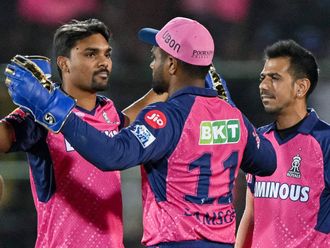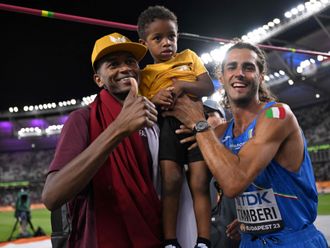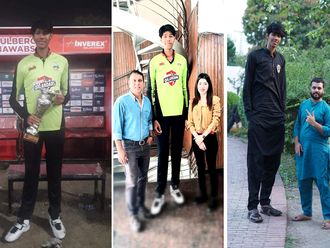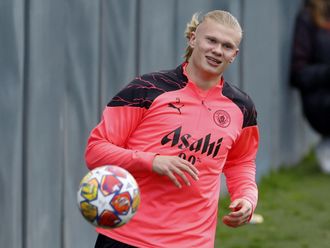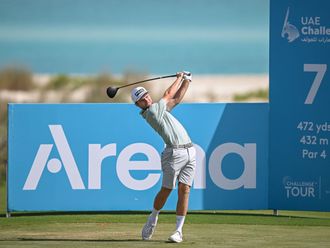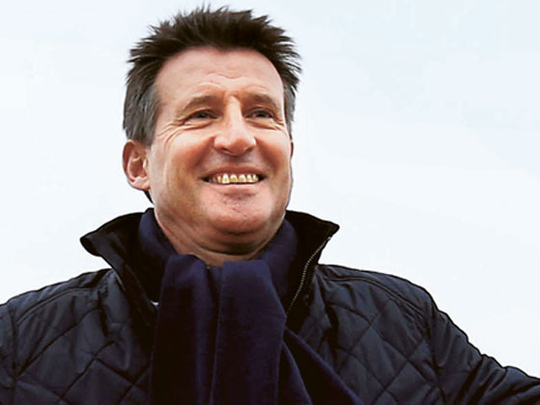
London: New doping claims against athletics are a “declaration of war” on the sport, British Olympic great and International Association of Athletics Federations (IAAF) presidential candidate Sebastian Coe said on Wednesday.
“The fightback has to start here,” Coe said in a statement after the Sunday Times and German broadcaster ARD published evidence of hundreds of allegedly suspicious blood tests.
“It is a declaration of war on my sport. There is nothing in our history of competence and integrity in drug-testing that warrants this kind of attack.”
Coe, a two-time Olympic gold medallist at 1,500 metres, is vying with former Ukrainian pole-vaulter Sergey Bubka to succeed Lamine Diack, the head of world governing body the IAAF, in an election on August 19.
The doping claims came to light following the leak of an IAAF database.
It allegedly shows details of over 12,000 blood tests between 2001 and 2012 that revealed “extraordinary” levels of doping, with over 800 athletes producing suspicious blood tests.
The IAAF dismissed the allegations on Tuesday as “sensationalist and confusing” and said the test results did not constitute concrete proof of doping.
While Coe, currently an IAAF vice-president, has attacked the claims, he accepts that some countries need to address longstanding concerns over doping practices.
“I don’t think anybody should underestimate the anger that is felt in our sport. We have led the way on this,” he told BBC Radio 4.
“To suggest that in some way we sit on our hands at best, and at worst are complicit in a cover-up, is not borne out by anything we have done in the last 15 years.”
He added: “As a sport we have led the way on out-of-competition testing, on accredited laboratories; we were the first sport to have arbitration panels.
“Yes, we have countries out there that are causing a problem and an inordinate amount of difficulty across our sport, but to say we are not investigating or turning a blind eye to this could not be further from the truth.”
Coe said the bans handed out to athletes found guilty of doping proved how seriously the sport was taking the problem.
“This has not been easy for us, this has caused us intense embarrassment, but we would rather have short-term embarrassment and protect the clean athletes,” he said. “That’s why our sport is so angry at the moment.”
The Sunday Times has released a statement questioning the IAAF’s commitment to rooting out drugs cheats.
“It is disingenuous of the IAAF to spend just two days conducting what it describes as a ‘thorough’ investigation into the serious issues we raised and then to attempt to dismiss the story as sensationalist,” the newspaper said.
“The IAAF bases its rejection of the story on the fact that the data does not ‘prove doping’. That is not the point.
“Blood doping can be hard to prove, but suspicious blood values are a strong indicator of it, and the IAAF had data that showed how widespread and outlandish some of the values have been.”
The paper added: “Its refusal to accept any criticism raises serious questions as to whether the IAAF is truly committed to its primary duty of policing its sport and protecting clean athletes.”






